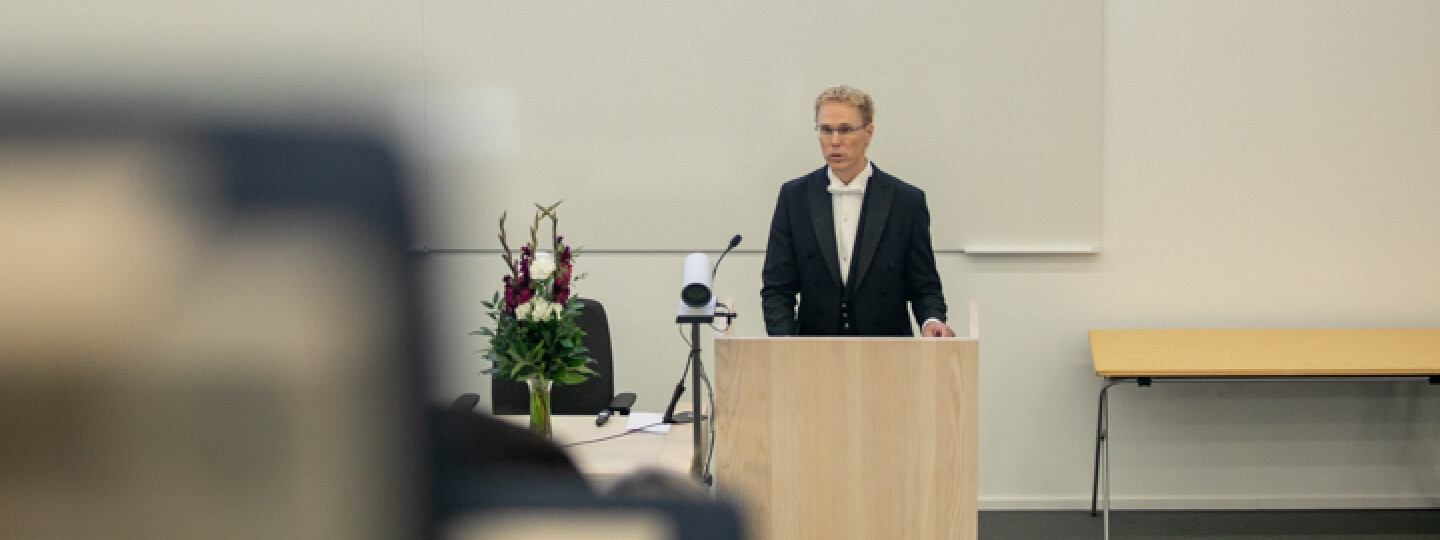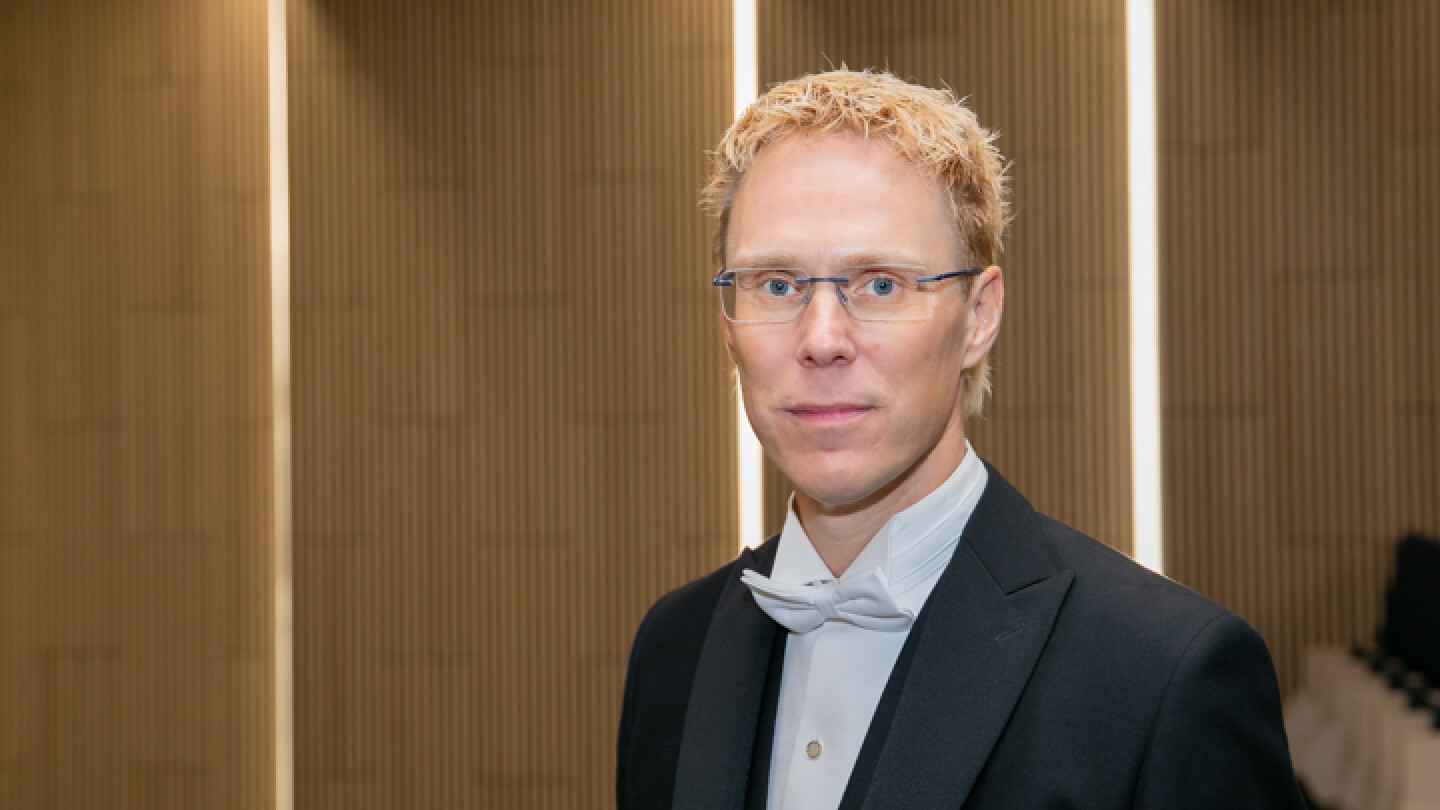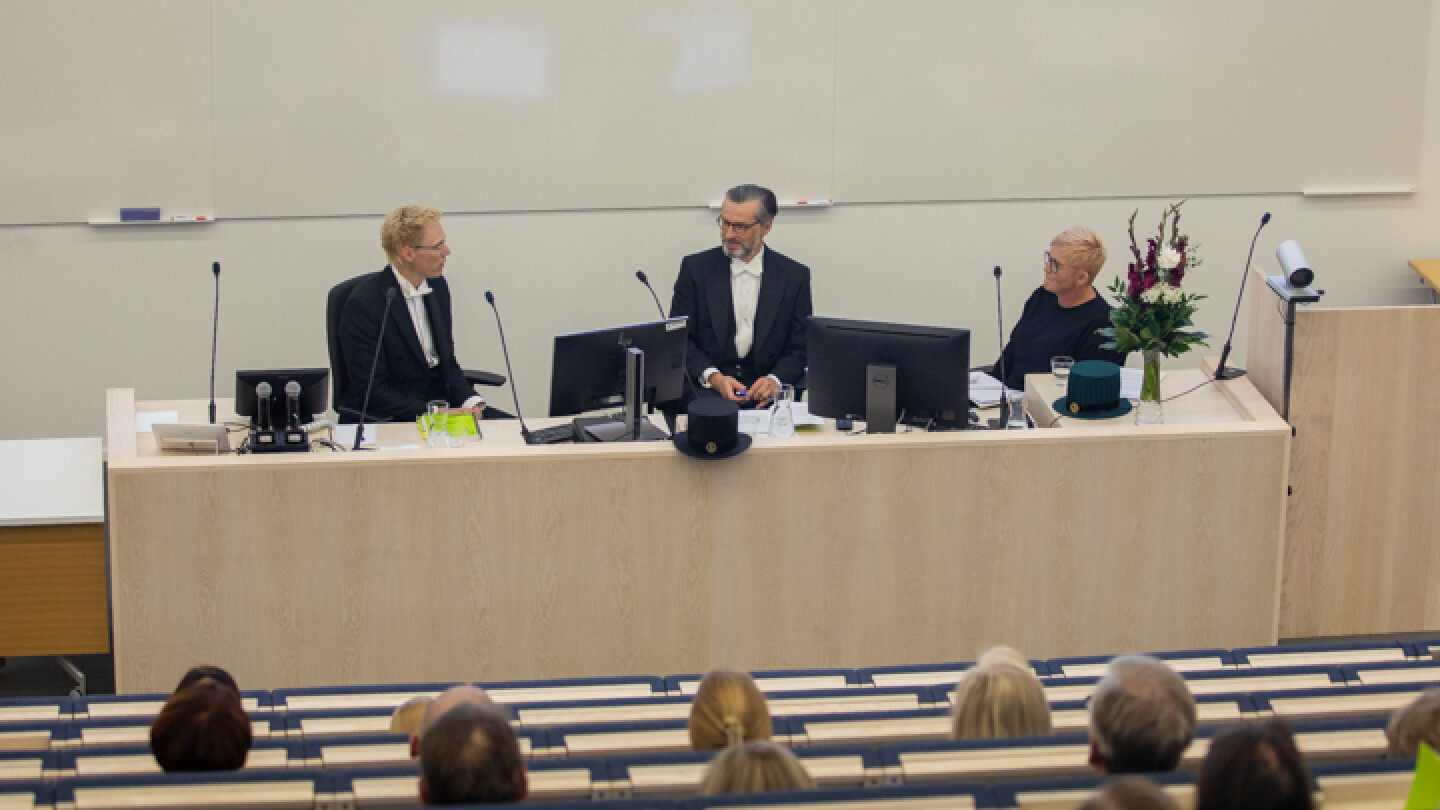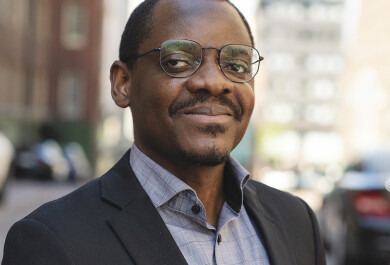The doctoral thesis defence day is one of the most important days for a doctoral researcher. The years of preparation come to an end, and the next chapter on the academic career may begin. Jani Paulin, who defended his doctoral dissertation in the field of Anaesthesiology, Intensive Care, Emergency Care and Pain Medicine to graduate as Doctor of Philosophy on 7 October describes his important day as an emotional and positive experience.
Degree Program Leader and Senior Lecturer in Emergency Care at Turku University of Applied Sciences, Jani Paulin begun his work on his doctoral dissertation in 2016 after having been accepted as a doctoral researcher at the Faculty of Medicine. The actual research work begun a couple of years later.
“The first few years were mainly spent on doctoral studies and planning and implementing data collection. After having collected the data, the research took me about four years, and now the work is done,” describes Paulin.
The actual dissertation defence day was mainly preceded by research work, but also preparations for the defence:
“I spent time going through my dissertation and read my old notes on the decisions and research solutions that had been made. I also read other related literature. Closer to the dissertation defence day, I wrote my lectio precursoria introductory presentation and considered the other speeches of the day.”
Paulin describes the dissertation defence day as a ‘foggy’ experience. The work and preparations had been done, so on the actual day, the most essential things to do seemed to be making it through the day and performing well.
“In the evening before the dissertation defence, I had dinner with the Custos and the opponent, and we talked about the dissertation defence-related nervousness. My opponent, Docent Sanna Hoppu, said it well when she stated that of course the event will make you nervous – the dissertation defence day is the most important day of your career so far. After this, it was easier to accept that nervousness is part of the process, and it is more than understandable,” explains Paulin.
A day full of emotion
The dissertation defence day evoked many different emotions in Paulin. Although he had slept the previous night more poorly than usually, his mind was clear during the day. The preparations for the defence had been done earlier, so the morning was mostly spent on practical arrangements.
“Before the event, I was nervous and also uncertain, but when the event begun, my mind grew peaceful. The calming presence of the Custos, Teijo Saari, also helped reign in my nervousness and insecurity. During my lectio precursoria, I noticed that I was actually able to function quite normally. The rest of the day was spent in a certain kind of ‘foggy’ state of mind, and my aim was to listen carefully for the opponent’s questions,” Paulin describes.
After the event, many people praised how well the dissertation defender and the opponent talked in terms understandable to the general public. There were also surprises during the day. Paulin had prepared for the dissertation defence with his notes which he ended up using very little. A good solution turned out to be active listening instead of going through the notes.
“In the end, I was surprised by the quite positive final statement. When the opponent was asking a question after question, it was hard to see the end result,” considers Paulin.
“After the event, I can’t deny I felt quite stupefied. I kept wondering what had just happened. The most central emotion afterwards was relief – the day left me with a very positive memory.”
After the dissertation defence, the day culminated in a karonkka party where Paulin had invited the Custos, the opponent, the dissertation supervisors and the rest of the research group. The event was also participated by the family and other relatives, friends, and colleagues.
“After the dinner, we had the traditional speeches, heard a troubadour performance, and spent the evening casually. The karonkka party was a very nice ending to the day. The festivities continued until late and were praised by the visitors,” concludes Paulin.
In his doctoral dissertation “Non-conveyance and patient safety in prehospital emergency care”, Jani Paulin studied patient safety in emergency medical service events during a surveillance period, consisting of re-contacting the emergency medical services, visiting a primary health care facility, treatment in intensive care, admittance to the hospital, and patient death. The results of the study show that the evaluation made by the emergency medical services on the patient’s need for conveyance to emergency department does not appear to compromise patient safety and is smart use of resources, and the method significantly decreases overcrowding in emergency departments.




